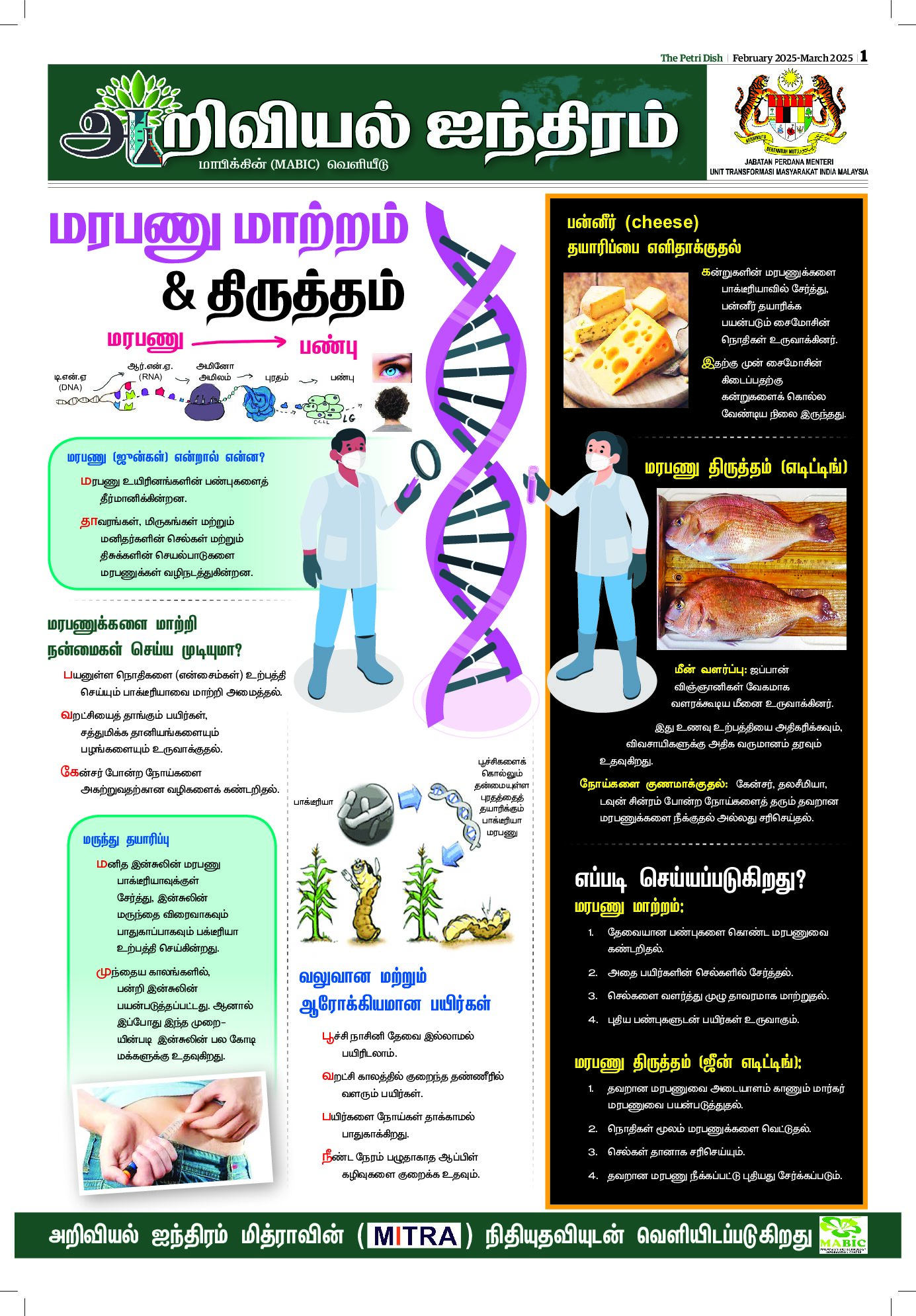AN engineered monoclonal antibody treatment designed to treat people infected with the yellow fever virus has shown success in early stage clinical trials in Singapore.
Scientists from Antimicrobial Resistance (AMR) an interdisciplinary group at the Singapore-MIT Alliance for Research and Technology (SMART) have developed TY014, a potential treatment for the largely tropical mosquito-borne disease.
The SMART AMR team also collaborated with researchers from Massachusetts Institute of Technology (MIT), and local institutions such as the Singapore General Hospital, Duke-NUS and Tysana Pte Ltd to develop the treatment within only seven months, using a Rapid Response Strategy, a feat that usually takes several years.
In their paper titled “Phase 1 Trial of a Therapeutic Anti Yellow Fever Virus Human Antibody” published in the New England Journal of Medicine, the researchers describe the methods and results of Phase 1 of the “first-in-human” TY014 study.
The study has demonstrated the potential for yellow fever treatment using TY014, a fully engineered, human manufactured IgG1 monoclonal antibody that targets the yellow fever virus, with success in early-stage clinical trials in Singapore.
The paper also explained the Rapid Response Strategy that accelerated the development of candidate treatment to only seven months; with the clinical batch of TY014 produced within five months from the initial transfection, and the completion of Phase 1a and 1b of clinical trials two months later.
Monoclonal antibodies hold promise for treating a variety of infectious diseases including cancers, but these usually take several years to develop and test. The condensed timeline for TY014 was facilitated by a development process that carefully monitored product quality and correlated them with safety toxicology and pharmacokinetic studies using redundant orthogonal analytics; performing many of the steps necessary for drug development in parallel. The quick turnaround was also enabled by adapting an advanced proprietary computational platform technology, first developed at SMART and MIT, to identify and engineer the TY014 antibody.
“Traditional drug development processes are very linear, and they take many years. If you’re going to get something to humans fast, you can’t do it linearly, because then the best-case scenario for testing in humans is a year to 18 months. If you need to develop a drug in six months or less, then a lot of these things need to happen in parallel,” says Professor Ram Sasisekharan, Principal Investigator at SMART AMR, and Professor of Biological Engineering and Health Sciences & Technology at MIT.
The Rapid Response Strategy dramatically reduces the time it takes to make new therapeutics from years to months. Using this strategy, the researchers have also developed a Zika candidate treatment within nine months. This was followed by the yellow fever programme which took seven months.
It can be extended to other infectious disease indications and reduce timelines for antibody biologics which are important in potential pandemic responses, as seen in the current COVID-19 pandemic. Most recently, a COVID-19 antibody treatment (named TY027) was developed by this team in just four months using this approach. Preliminary results from the Phase 1 trials show that no adverse events have been observed after the infusion of TY027 in healthy volunteers. Phase 3 clinical trials are expected to start in August in Singapore.
Yellow fever, an acute viral haemorrhagic disease transmitted by infected mosquitoes, infects about 200,000 people and causes an estimated 30,000 deaths each year. While currently endemic in 47 countries in Africa and Central and South America, the potential for large urban outbreaks is still present in other regions where the mosquitoes capable of transmitting yellow fever exist, especially in Southeast Asia due to the favourable ecology for the Aedes aegypti mosquito species. This is particularly worrying in Singapore, where the same mosquito species is on track to cause the worst dengue outbreak in its history, with 18,000 cases and 19 deaths so far in 2020. Although a safe and effective vaccine has been developed for use in most cases, to date, there have been no licensed treatment options available against the disease.
Although there is a vaccine for yellow fever, it poses risks for particular groups of people and only supportive care can be administered as no treatment other is currently available.










